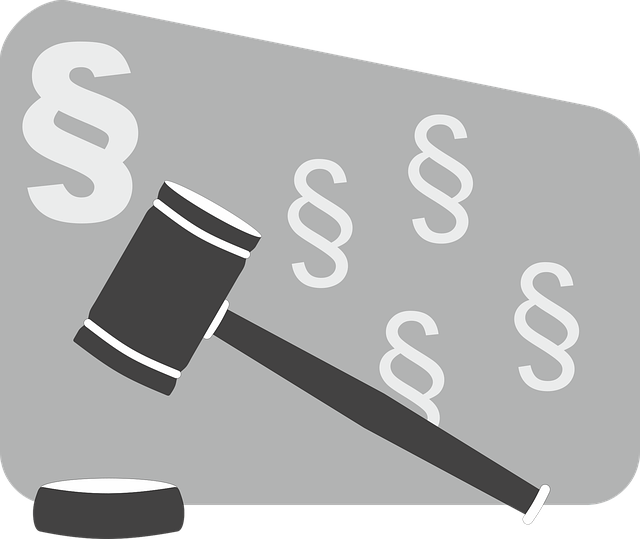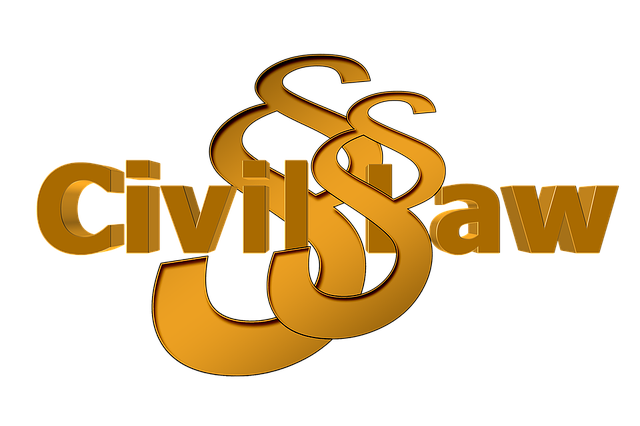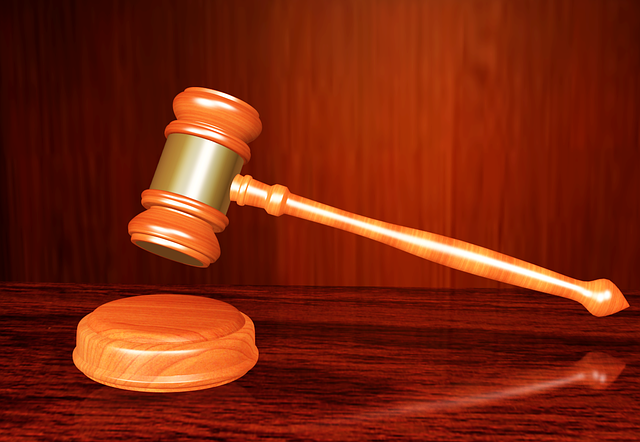Public corruption charges harm trust and economic growth, prompting a focus on Mediation Strategies for Property Disagreements. Independent mediators offer transparent, fair resolutions, reducing legal costs and fostering cooperation. Specialized defense strategies, including fact-finding and procedural challenges, aim for favorable verdicts. This approach cultivates understanding, collaboration, and societal integrity in response to growing corruption concerns. Case studies show its effectiveness in complex cases, securing challenging defense verdicts and promoting transparency.
“Uncovering the intricacies of public corruption charges, this comprehensive guide explores the far-reaching impact of such allegations on individuals and society. We delve into the legal landscape, where we analyze existing laws and regulations designed to combat corruption. Furthermore, understanding mediation as a strategy, especially in property disagreement cases within corrupt practices, is crucial. This article offers insights into effective defense strategies, real-world case studies showcasing successful mediations, and practical advice for navigating these complex legal terrains.”
- Understanding Public Corruption Charges: Definition and Impact
- Legal Framework: Laws and Regulations Against Corruption
- Strategies for Defense: Challenging Accusations Effectively
- Mediation Process: Resolving Property Disagreements Fairly
- Case Studies: Successful Mediation in Corruptions Cases
Understanding Public Corruption Charges: Definition and Impact

Public Corruption Charges refer to allegations of illegal or unethical behavior by public officials, involving misuse of power and resources for personal gain. This can manifest in various forms, such as bribery, fraud, embezzlement, and abuse of office. The impact of such charges is profound, eroding public trust, undermining democratic institutions, and hindering economic development. When left unaddressed, corruption creates an uneven playing field across the country, damaging the respective business environment and stunting societal progress.
Mediation Strategies for Property Disagreements have emerged as a powerful tool in mitigating the effects of corruption. An independent mediator can facilitate negotiations between parties, promoting transparent and fair resolution without the influence of personal gain or power dynamics. With an unprecedented track record of success, mediation offers a cost-effective, efficient alternative to litigation, fostering cooperative relationships and preserving assets while ensuring justice is served.
Legal Framework: Laws and Regulations Against Corruption
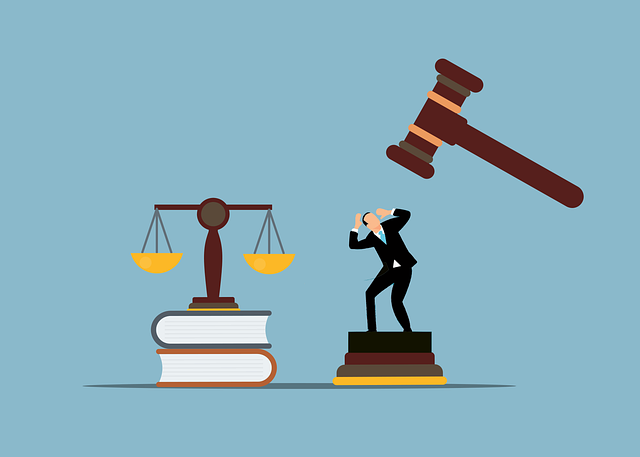
The fight against public corruption is a complex legal landscape, with various laws and regulations designed to uphold integrity in governance. These measures include stringent rules on financial disclosure, strict guidelines for ethical conduct, and robust mechanisms for investigating and prosecuting corrupt officials. Many countries have enacted specialized anti-corruption agencies, tasked with monitoring public institutions, conducting audits, and initiating legal proceedings against those who abuse their positions for personal gain.
A key component of the legal framework is the availability of mediation strategies for property disagreements stemming from corruption cases. For his clients, these alternative dispute resolution methods can offer a more efficient and less adversarial approach to resolving complex issues. By facilitating dialogue and achieving extraordinary results, mediation allows corporate and individual clients alike to navigate the aftermath of corruption with dignity and minimal legal turmoil.
Strategies for Defense: Challenging Accusations Effectively
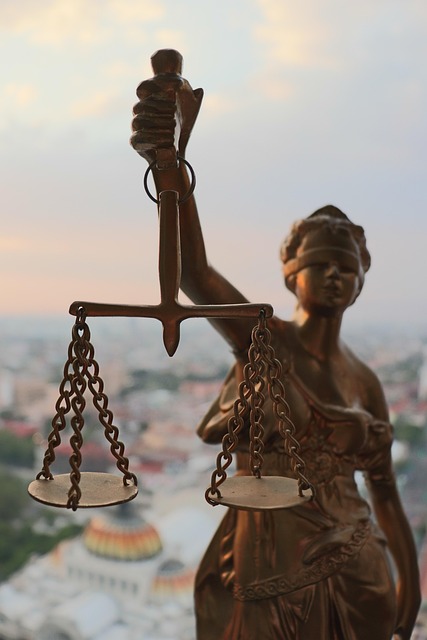
When facing public corruption charges, a strategic defense is paramount to achieving a favorable outcome. One effective approach involves challenging the accusations through meticulous investigation and fact-finding. Defense attorneys can scrutinize the evidence presented by prosecutors, looking for any inconsistencies or weaknesses. This may include examining witness testimonies, questioning the integrity of documents, and exploring alternative explanations for the alleged misconduct. By employing these mediation strategies for property disagreements on a grand scale, legal teams can construct a robust defense that aims to win challenging defense verdicts.
Additionally, focusing on procedural aspects and technicalities can be a powerful tool. Lawyers might argue procedural errors in investigations or arrests, ensuring that any evidence gathered adheres to legal standards. This tactic has proven effective in avoiding indictment and securing freedom for those wrongly accused. The key lies in presenting a compelling narrative that not only refutes the charges but also showcases an unprecedented track record of successful defense strategies.
Mediation Process: Resolving Property Disagreements Fairly

In the face of escalating public corruption charges, one often overlooked yet powerful tool gaining traction across the country is mediation as a means to resolve property disputes fairly. This process involves neutral third-party mediators who facilitate negotiations between conflicting parties, aiming to reach mutually agreeable solutions without resorting to litigation. By employing Mediation Strategies for Property Disagreements, communities can mitigate the negative impacts of corruption and foster trust among respective business, philanthropic, and political entities.
This approach not only saves time and legal costs but also promotes understanding and collaboration. Mediators help parties identify underlying interests, communicate effectively, and explore creative options that might not be apparent in a traditional court setting. As such, mediation becomes a game-changer, offering a peaceful and efficient avenue to address property disagreements, thereby strengthening the integrity of our societal fabric across the country.
Case Studies: Successful Mediation in Corruptions Cases

In recent years, successful mediation has emerged as a powerful tool in addressing public corruption charges. Case studies reveal that this alternative dispute resolution method can be particularly effective in navigating complex corruption cases involving intricate financial networks and sensitive political interests. By facilitating open dialogue between all parties involved, mediators help to uncover creative solutions that not only resolve property disagreements but also promote transparency and accountability.
Mediation strategies for property disagreements in corruption cases focus on every stage of the investigative and enforcement process. This includes pre-investigation planning, where mediators assist in identifying key issues and potential obstacles, to post-verdict implementation, ensuring that agreed-upon resolutions are carried out. The success of these strategies lies in their ability to foster a cooperative environment, enabling parties to overcome legal and ethical challenges. As seen in several high-stakes cases, mediation has proven to be an efficient path towards winning challenging defense verdicts, demonstrating its value in managing the most complex public corruption inquiries.
In navigating public corruption charges, understanding the legal framework and employing effective defense strategies are key. While the complexities of these cases can seem daunting, mediation offers a promising approach to resolving property disagreements fairly. By utilizing mediation strategies, individuals facing corruption allegations can benefit from a more efficient, cost-effective, and collaborative resolution compared to traditional litigation. The case studies presented highlight successful mediations in corruption cases, demonstrating that this alternative path can lead to mutually agreeable outcomes for all parties involved.
